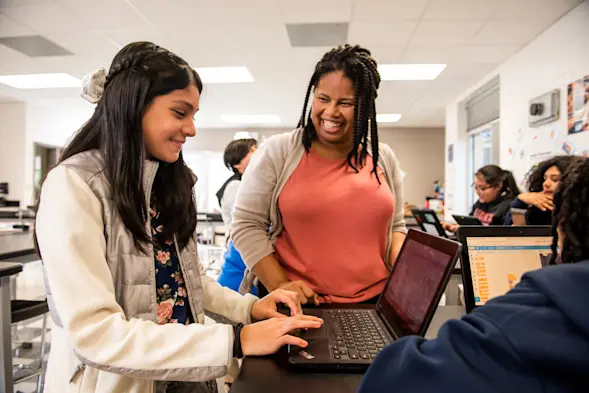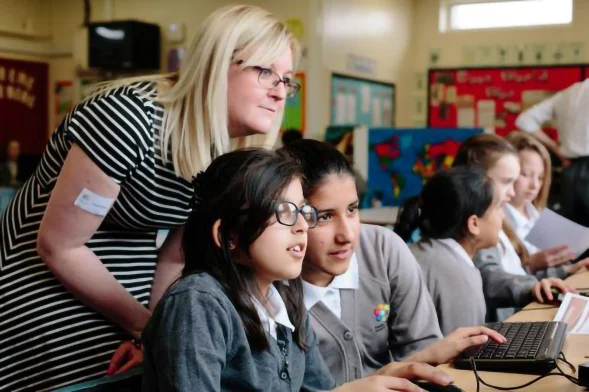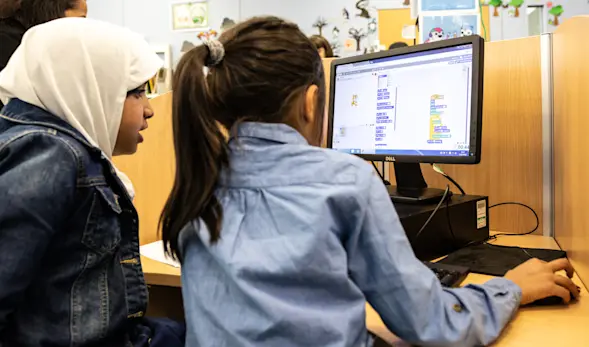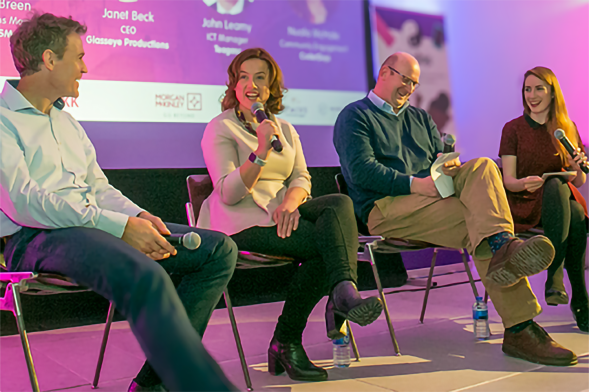Previous research seminars
We have been hosting online seminars on computing education since 2020. All of the materials and recordings of our previous seminars are freely available to watch and download. Delve into our archives to discover more than 50 talks on various computing education topics.

Teaching about AI and data science
Discover the most up-to-date research to identify what students should learn about AI, machine learning, and data science, and the best ways to teach these critical topics.
Find out more
Teaching programming (with or without AI)
Gain insights into teaching programming in our most recent seminar series, featuring discussions on the latest approaches for school classrooms, and on the integration of AI tools to enhance learners' experience.
Find out more
Primary (K–5) computing education
Explore seminars covering topics related to teaching our youngest learners in school (5- to 11-year-olds), including ScratchJr, data citizenship, variables, and computational thinking.
Find out more
Cross-disciplinary computing
Explore cross-disciplinary computing in our seminars, delving into electronic textiles, the artistry of ballet, integrating programming in various subjects, and applications in non-formal settings.
Find out more
Artificial intelligence, machine learning and data science
Learn more about artificial intelligence, machine learning, and data science in computing education by catching up with our 2021–22 seminars on AI ethics and innovative approaches to ML and AI education for school-age learners.
Find out more
Equity, diversity and inclusion
Learn more about equity, diversity, and inclusion in computing education from our seminars. Topics include gender balance in computing, physical computing for children with disabilities, and promoting computer science for underrepresented groups.
Find out more
2020 series
Discover a variety of topics in our first seminar series, ranging from block-based computing and PRIMM, to unplugged computing and learning AI with Scratch.
Find out more
Panel sessions
Catch up with panel discussions on current topics in computing education.
Find out more